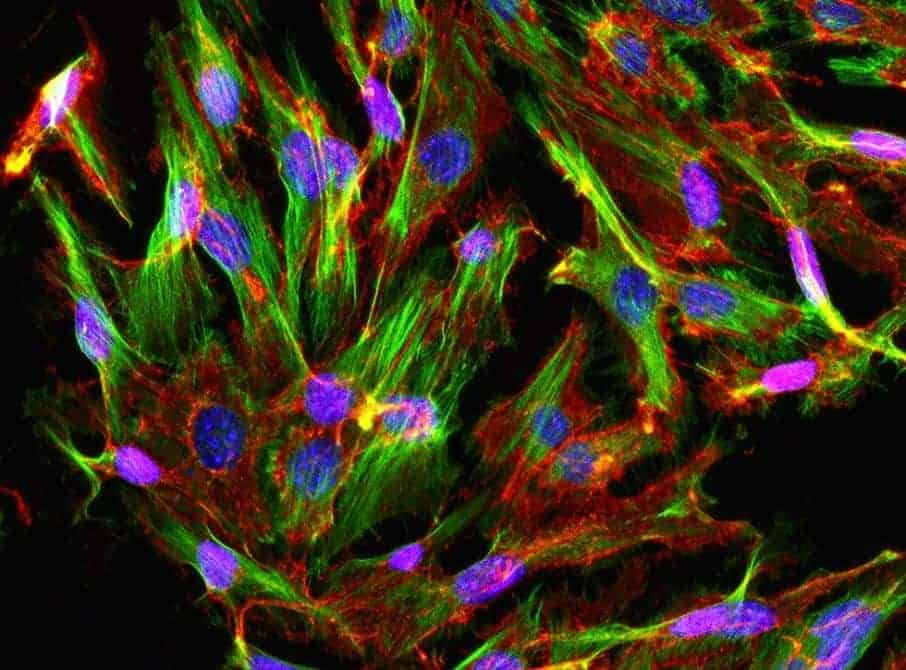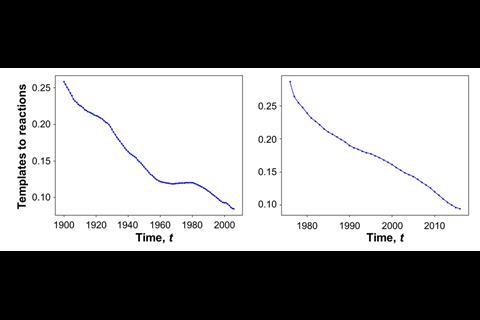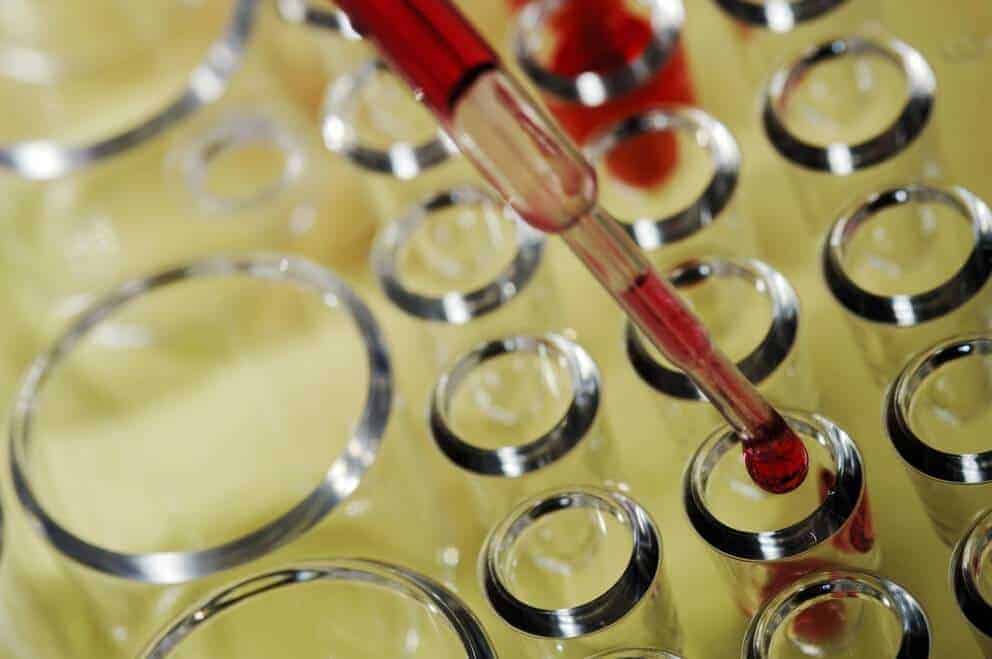Researchers at ETH Zurich have developed the process technology that can produce carbon-neutral transportation fuels from sunlight and air. Now, in a Nature publication, they demonstrate the stable and reliable operation of the solar mini-refinery under real on-sun conditions. And they show a way to introduce solar fuels to the market without additional carbon taxes. […]
Read More








